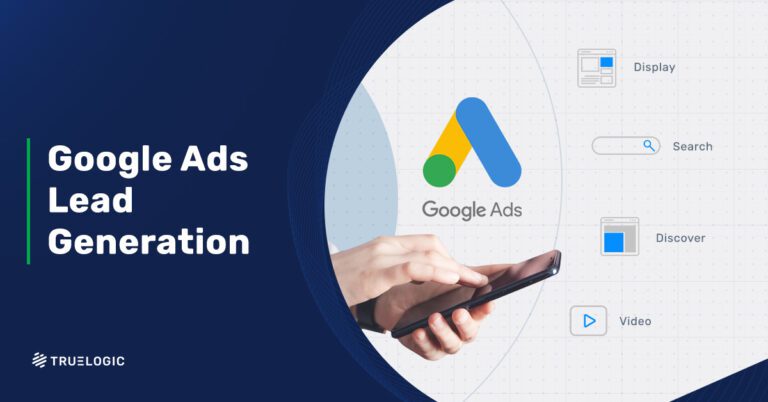How to Run a Successful PPC Campaign
A carefully planned, well-managed PPC marketing campaign does at least three things: It gets you more SERPs visibility, it lets you direct your leads towards the next step in your marketing funnel, and it puts a spotlight on campaigns, products or services that you want to highlight instantly. It’s important to know how to run your PPC campaign properly in order to make it successful and effective at achieving more than these three basic goals. The following tips should help you get on the right track.
Establish your marketing needs
Enumerate your business goals one by one and see where PPC can be most useful. You need to identify specific problems because this marketing method is only effective when applied to the right areas of your bigger marketing campaign. Start by asking questions that can reveal if PPC is the right solution for you:
- Targeting
- Check if you are able to identify your specific niche and if you know the best way to reach that market.
- Flexibility
- Ask if your current marketing plan is efficient at gathering new leads, and check if it lets you create segments that allow you to target specific audiences.
- Budget Control
- Find out how much you’re spending on your current marketing plan, if your strategies allow you to control how much you spend, and if using PPC will reduce your financial requirements while delivering the results you need.
- Performance Tracking and Reporting
Finally, list down what metrics you are using to measure your campaign’s success, and see if there are better ways of tracking your progress.
Optimize your AdWords account
Opening an account seems simple enough, but you need to establish an in-depth understanding of your industry in order to come up with an effective customized PPC campaign strategy. Researching about your competitors, your consumers, and what language leads to the most effective communication between the two will help you develop a more targeted strategy. It will also help you decide if you need to use PPC in conjunction with other online marketing campaigns.
Prepare the information you will need to provide before launching your campaign. Aside from the usual business details (your company’s name, address, contact info, website URL, desired campaign start date, and payment details), you need to provide the following details:
-
Business goals
This will let you select the best keywords, create goals and track milestones in your campaign
-
Highlighted products and services
Important for choosing keywords, developing a funnel strategy, and creating the ad copy
-
Distinguishing feature of your business
You need to play up your unique strengths in your ad copy
-
Special offers
Sets your ad copy apart from other ads on the paid section of the SERPs
-
Target location
This lets you create geographical segments, allowing local ad targeting
Google AdWords recently released their Enhanced Campaign features, which you can tweak to your advantage. You now have the choice to choose the same copy for all digital platforms – desktop PC, mobile, apps – or to provide different copies for each platform and track the conversions separately. The second option is recommended only if you have substantial mobile traffic, which will still give you an accurate picture of your conversions even if you tracked separately.
Prepare your ad copy and landing page
The most important part of your campaign is your ad copy and your landing page content. Your ad copy needs to communicate your message, integrate your focused keyword, and highlight the unique selling points of your business in a limited number of words. Start by writing at least two ad copies for each ad segment you created. Research your competitors’ ads and see what keywords they are using on their copy and what approach they are taking when they talk to the audience. This will help you refine and optimize your copy.
Your landing page needs to present the information about your brand effectively and let visitors take the appropriate action easily. Optimizing your PPC landing page should follow the same guidelines as optimizing your main website (if you are creating a separate PPC landing page). The structure, HTML tags and metadata should be optimized according Google’s accepted SEO methodology. At the heart of your landing page is your content. Watch your keyword density and make sure your text is unique and relevant to your product. It should answer the consumers’ three main questions about your products or services – why, what, and how, in that order.
Test all landing pages and ad copies before choosing your preferred versions. You can use Google’s testing tool on Analytics to find out which version has the greatest potential of bringing in more conversions.
Manage your bids wisely
Do not forget to go over your computations and establish how much you can afford to pay per click. Estimate the amount you will earn per sale and divide this by the amount you will pay per click to get your conversion rate. Do not set your bids too high – you might have difficulty breaking even in your campaign. You need to maintain a positive conversion rate at all times to make sure you are converting enough leads to earn.
Looking at your bids and the resulting conversion rate also lets you determine when your campaign is a success, and when you need to tweak things and test new copies again. A decline in your conversion rate will call for a change in your strategy, while steady conversions will let you know what works. You can use an updated version of this methodology when you create your new ads and landing pages for your PPC campaign.
Running a successful PPC campaign is all about knowing your audience, testing copy, and optimizing settings and bidding management. Master these and you will get fresh new leads and hit your goals consistently with the help of PPC.










